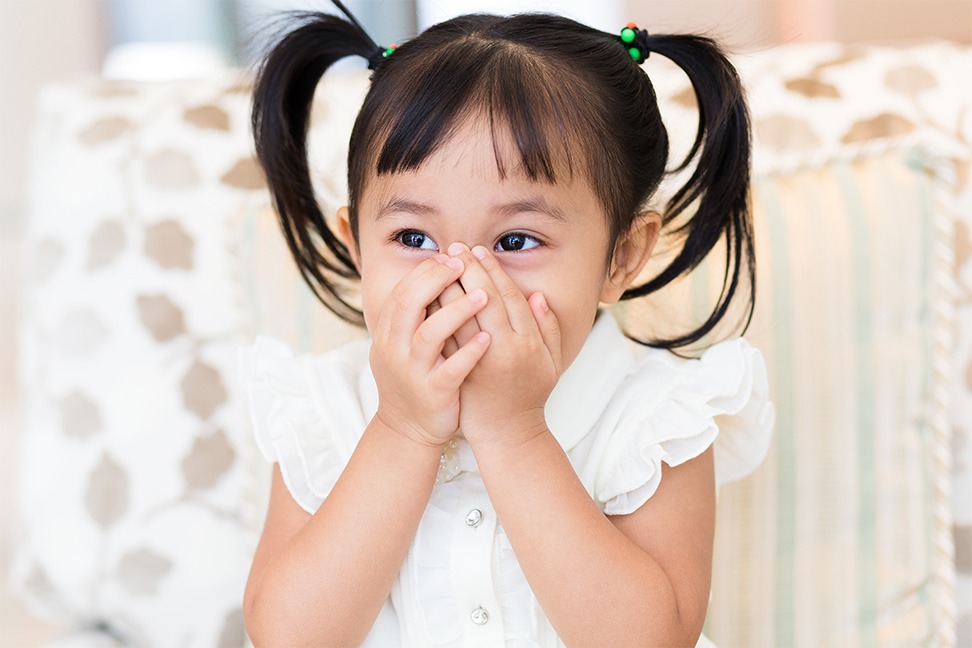Selective mutism is a childhood anxiety disorder characterized by an inability to speak in specific social situations, such as at school, in front of other children, or with adults who are not familiar to the child. Children with selective mutism may be able to speak in other situations, such as at home with their family or with close friends.
What are the Symptoms of Selective Mutism?
The symptoms of selective mutism can vary from child to child, but some common symptoms include:
- Refusing to speak in certain social situations
- Avoiding eye contact
- Fidgeting or squirming
- Crying or tantrums
- Trembling or sweating
- Blushing
- Having a stomachache or headache
- Feeling sick or dizzy
What Causes Selective Mutism?
The exact cause of selective mutism is unknown, but it is thought to be a combination of genetic and environmental factors. Some possible causes include:
- Temperament: Children who are shy or introverted may be more likely to develop selective mutism.
- Anxiety: Children with anxiety disorders are more likely to develop selective mutism.
- Trauma: Children who have experienced trauma, such as abuse or neglect, are more likely to develop selective mutism.
How is Selective Mutism Treated?
Selective mutism is a treatable condition. The most common treatment for selective mutism is therapy. There are two main types of therapy that are used to treat selective mutism:
- Cognitive behavioral therapy (CBT): CBT helps children to identify and change the negative thoughts and behaviors that are contributing to their selective mutism.
- Exposure therapy: Exposure therapy helps children to gradually face their fears and learn to speak in social situations.
In addition to therapy, there are a number of things that parents and teachers can do to help children with selective mutism, such as:
- Providing a supportive environment: Children with selective mutism need to feel safe and supported in order to be able to speak.
- Avoiding pressure: Children with selective mutism should not be pressured to speak.
- Providing positive reinforcement: Children should be praised for their efforts to speak, even if they are not able to speak in all situations.
- Seeking professional help: If you are concerned that your child may have selective mutism, it is important to seek professional help. A therapist can help you to develop a treatment plan that is right for your child.
What is the Prognosis for Selective Mutism?
The prognosis for selective mutism is good. With treatment, most children with selective mutism are able to overcome their anxiety and learn to speak in social situations. However, some children may continue to have some difficulty speaking in social situations even after treatment.
If you want to read more about Selective Mutism click Here!
Find out if your child needs extra support today!
- My child screams hysterically
- My child is mean to other children
- My child is always worried
- My child is scared to go to school
- My child is scared of loud noises
- My child doesn’t know how to read
- My child is scared to play outside
- My child does not respond to his name
- My child always gets in trouble
- My child fights with other children
- My child doesn’t know how to count
If you are concerned about your child’s development, contact us for Assessments: Phone/Telegram: 077.455.993 – Telegram Link: https://t.me/OrbRom
If you are concerned about your child’s development, contact us for Assessments.
Phone/Telegram: 077.455.993 Link: https://t.me/OrbRom






Leave A Comment